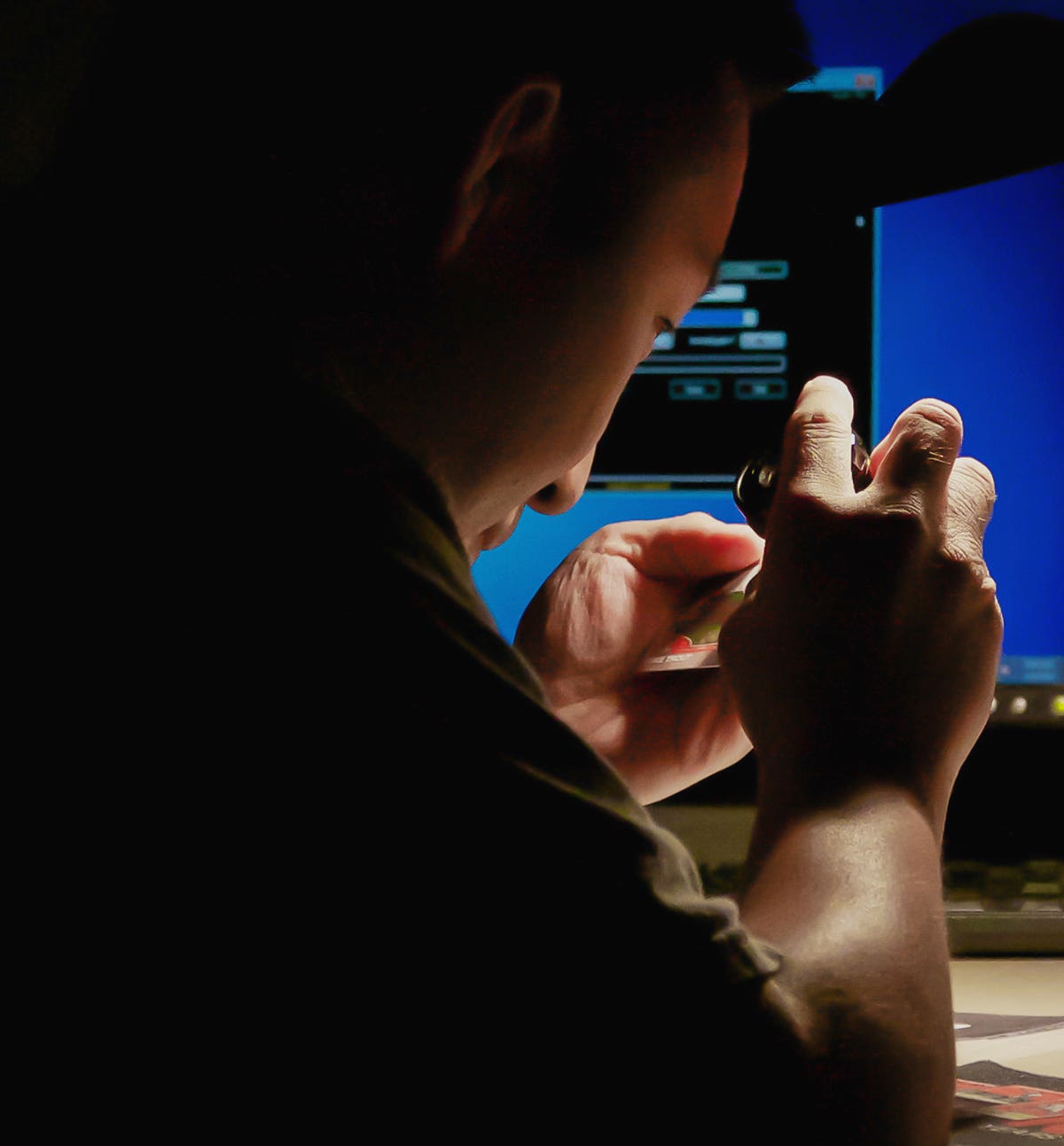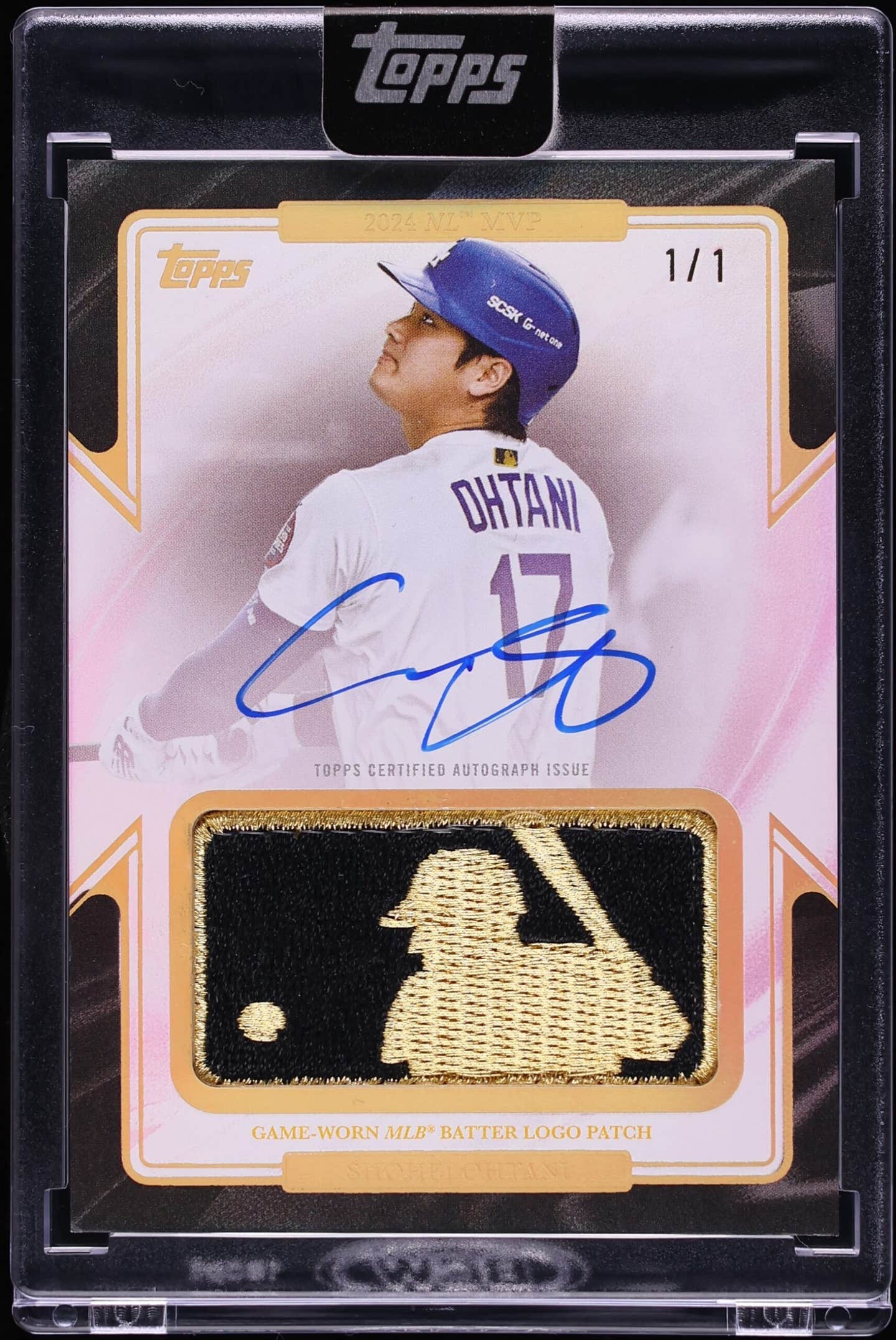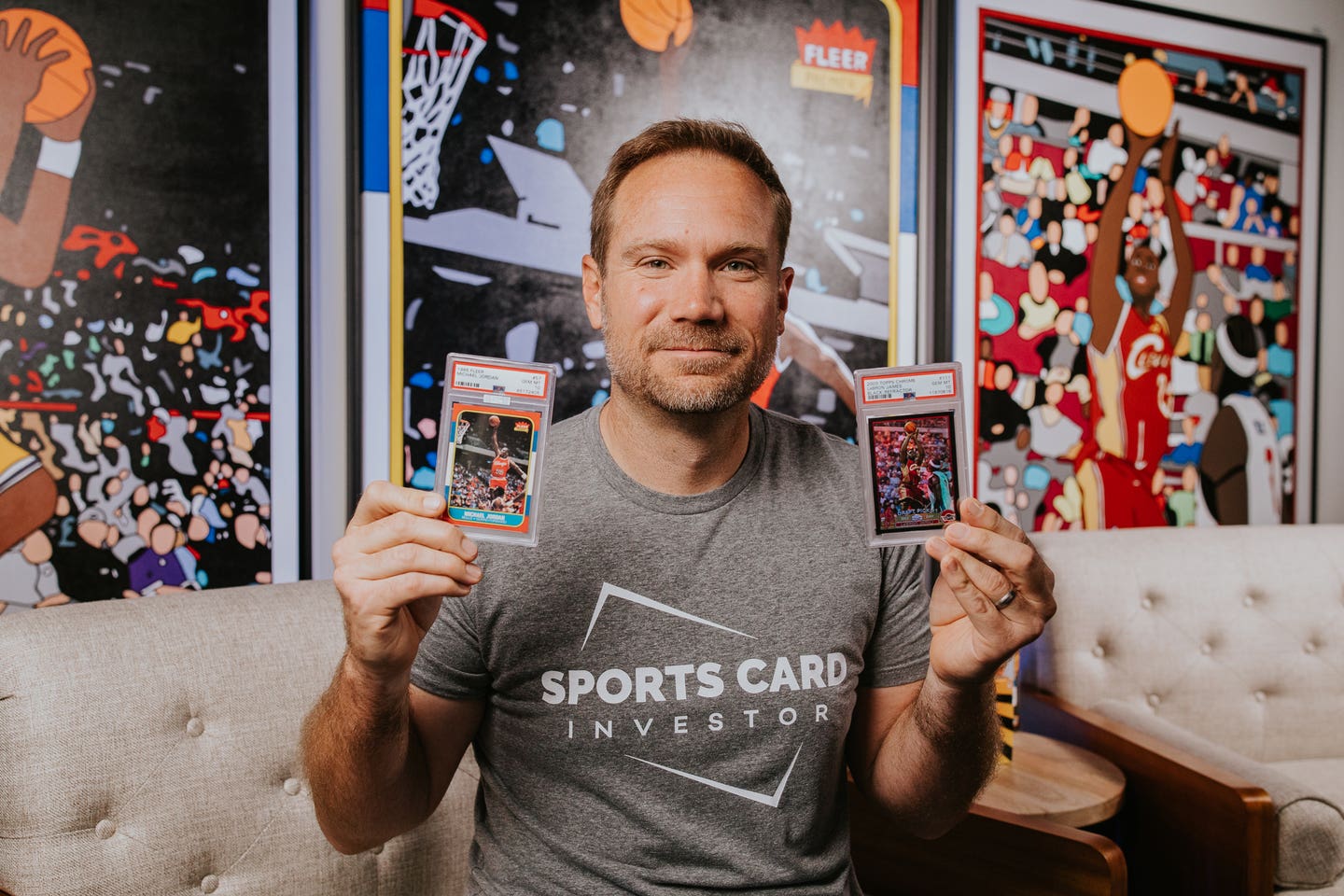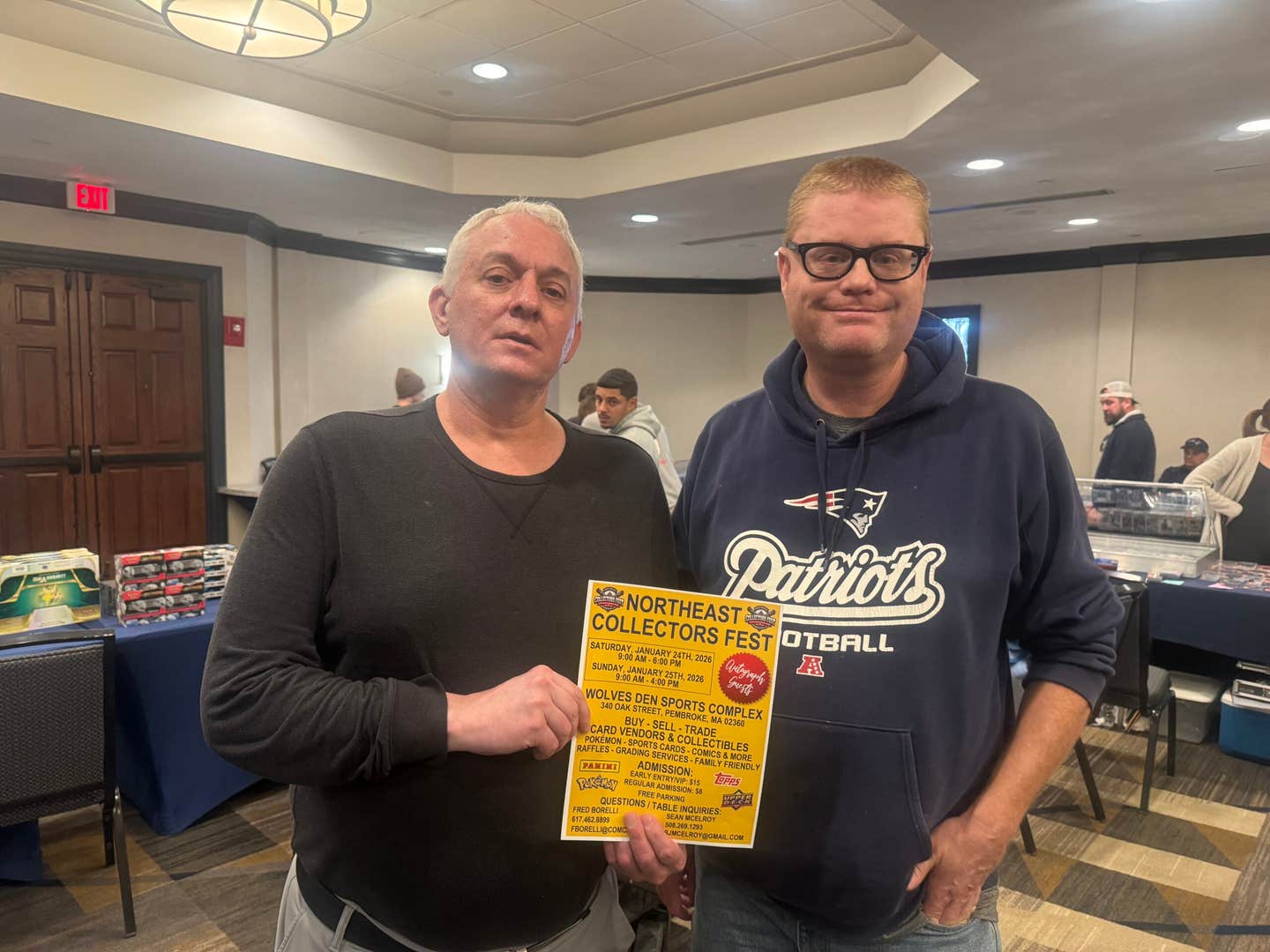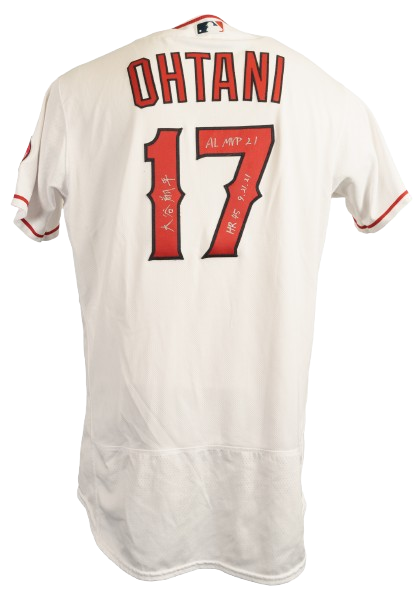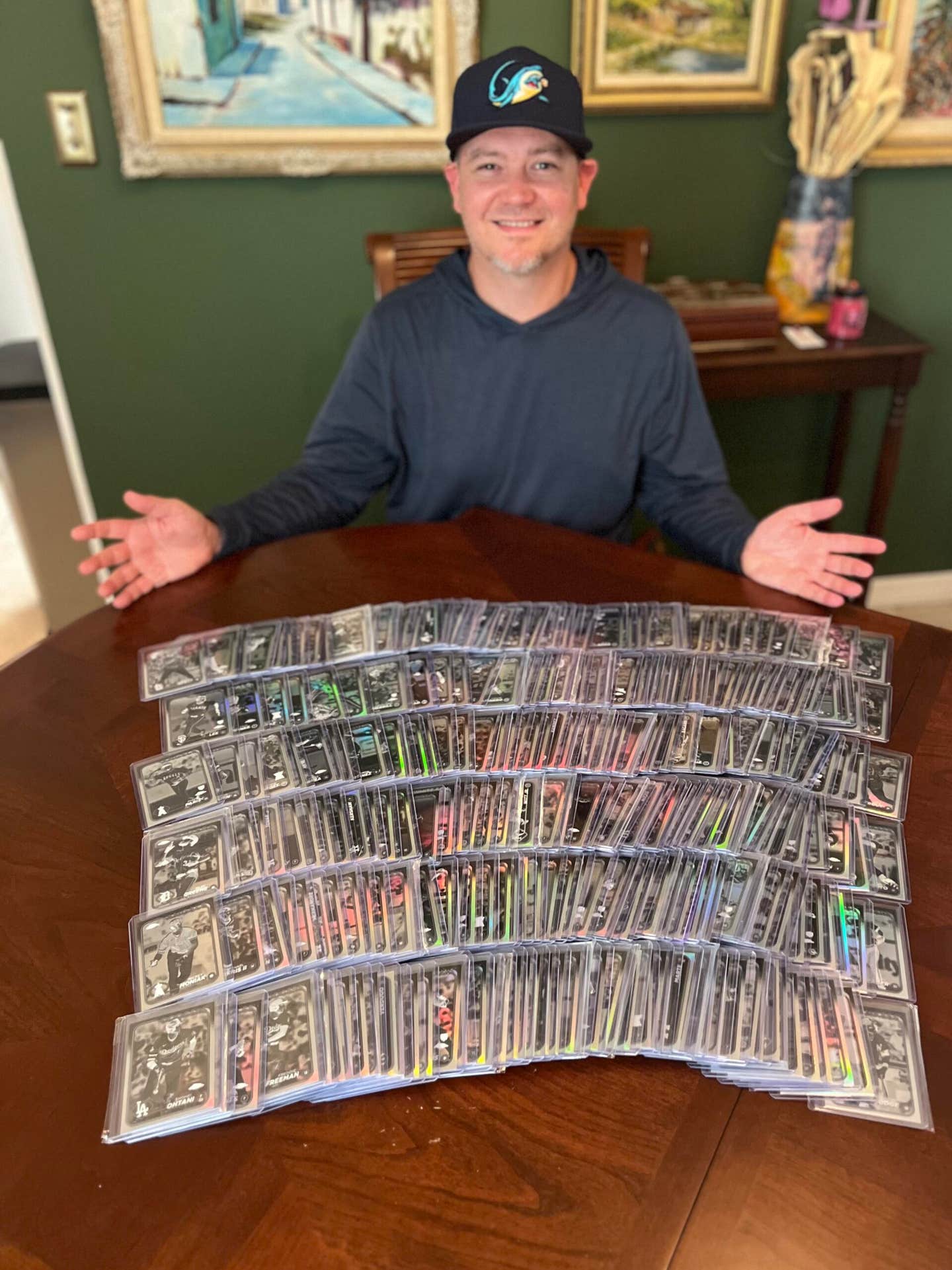Collecting 101
Hobby veteran Garo now full-time authenticator
Frank Garo’s William Tell Research has been his full-time business for seven years, but the autograph authenticator has a 33-year history in the hobby, going back to his dealer days in 1972.
Garo provides authentication in a wide variety of fields. He’s been the target of some criticism, and, as you’ll see here, attacks it with voracity. Garo wants his history and experience to mean more than many of his detractors permit.
SCD: Tell us about your history in the hobby.
FG: I started as a full-time dealer, and probably one of the first in 1972. I sold that business in 1982. I also promoted shows along the way. I’ve been authenticating since I started in business, so I’ve been doing authenticating for 33 years, but as a full-time business, I’ve been doing it since 1998.
SCD: The company was William Tell Research starting in 1998?
FG: Yes. I’m not a dealer anymore. I really haven’t been a dealer, bought or sold, in a good 20 years.
SCD: What’s the Web site?
FG: I have www.WilliamTellResearch.us, and I also have www.fpgaro.com.
SCD: In what areas do you provide authentication?
FG: I will authenticate anything. The fields I’ll sometime turn something down are contemporary actors or contemporary music figures. Somebody asked me if I could do the band Traffic, and frankly I’ve never heard of them. I have no way of getting exemplars for them. I have Rolling Stones and Beatles, and even some of the lesser-known groups like the Bee Gees. But I never heard of that band; I would not have exemplars on it.
I do presidential, sports, science, and I also do legal work. I’ve done work for attorneys and private individuals, wills and things of that nature.
SCD: Is sports the largest portion of your business?
FG: I would say sports probably accounts for 25 percent to about a third. Sports would probably not be the biggest, but one of the bigger parts. I probably do more non-sports autographs, maybe 50 percent of my business, and the rest would be legal work.
SCD: What are your fees for Ruth, Mantle, newer players, etc.?
FG: My fees range from $20-$90. Ruth is $50-$55, Gehrig around the same, Mantle $35-$40, Nolan Ryan or lesser-known Hall of Famers can be $15-$25. And if somebody sends me 10 of something, I would give them a bit of a discount. You’re paying me for my time and expertise, and if you send me 10 at a time, they are saving me time, so I have no problem with a volume discount. And they pay for all shipping.
SCD: Many collectors believe it’s important to have a formal authentication education. Do you agree with that, and what is your education or scientific training?
FG: Education is nice, but to get into the field of authentication or handwriting identification or whatever you want to call it, you have to usually work for a police agency or a government agency, such as the FBI or the Treasury Department or a large metropolitan police department. That’s how you get “credentials,” and that’s in many ways the only way to get trial credentials – that’s not 100 percent true, but in most cases it is.
I think education is a good thing, but I am completely self-taught, and I am very proud of that fact. I’ve read just about every book there is to read about autographs and handwriting, and I even watch things on television pertaining to forensic autograph authentication. Education is a good thing, but I have not been the beneficiary of formal training. As far as my background is concerned, I have a bachelor’s degree in marketing at Fordham University in New York City.
SCD: How much of what you do is an art and experience vs. a science and a data process?
FG: First off, I think that the whole thing is an inexact science, about 75 percent “science” and 25 percent intuition and experience. There are some occasions when I’ll see a signature that looks formation-wise good, but it doesn’t look natural, it looks stiff, and it takes experience to see that. Many times, it’s like you’re on a desert island and you have to go on your instincts. The paper may be right, and the ink is correct, now you have to determine if that’s his signature.
SCD: How important is provenance? You’ve got something and you’re not quite sure, and you’d like the provenance to be the deciding factor. Can it be, or do you have to be scientific about the findings?
FG: I don’t place much importance on provenance, for the simple reason that I’ve heard so many con stories. The only two things I trust are my two eyes.
Sometimes, you take things into account. If Barry Halper says, “Joe DiMaggio signed this,” I would be inclined to take his word, but outside of that, the only two things I trust are my eyes. You wouldn’t believe the stories. Some of these people, they spend their waking hours making up these stories, and some of them sound good.
SCD: Do you utilize a team, an expert in a different niche area, or do you like to stick with your own opinion?
FG: I’m the only one here. I will sometimes do extra research, if needed. If I got Ernest Hemingway, for example, and I was stumped, I would do some extra research. If I’m not satisfied with what I’ve found, I’d give it a fresh look the next day and then decide which way to go. I don’t have a team of experts, and in this business, everybody hates everybody else, and ... you know.
SCD: Do you conduct “authentications” or is it really a “professional opinion”?
FG: I would use the words interchangeably, because that’s what you’re doing, whether you call it authentication or not, and on my certificates, it’s my opinion. Only God can really authenticate. When people ask me what I do, I ask them if they want the impressive title or the mundane title. The mundane title is “handwriting examiner” and the fancy title is “forensic handwriting examiner,” because the word “forensic” impresses people. That word doesn’t mean that much, but in this field, people think I have a giant laboratory.
SCD: How can you use the word “forensic” without forensic training?
FG: If you look up “forensic” in the dictionary, it means basically, “to observe, to look at, to watch.” I feel totally justified to put forensic in there. I don’t care who knows; it impresses people.
SCD: What’s your response if somebody questions your judgement on a piece?
FG: Fortunately, it very rarely happens, but it has happened. If it’s a case of dueling authenticators, I dismiss it out of hand. But if they say, “This ruling just doesn’t look right,” I’ll tell them to send it back.
On my certs, if it’s good, it simply says, “This is authentic,” but if it’s not good, I have an explanation why it is not good. If they thinks it’s authentic and I say it’s not good, my explanation should answer their questions. But if they want more, I’ll go over it again.
SCD: Have you ever had a situation where you got the authentication wrong?
FG: It has happened very rarely.
SCD: Do you buy back your mistakes for the price they sold for later, or would it be a refund on the authentication price?
FG: My attitude is that I did the best to my ability to authenticate it. I will refund authentication fees, but I did not perpetrate the fraud, so I feel that they should go back to whoever sold it to them. It’s embarrassing and I feel bad, but I don’t feel financially responsible because I’m trying my best.
SCD: If you don’t have the resources or exemplars, do you say no, or do you search for the exemplars?
FG: I can handle just about anything because I have a very extensive library of books and albums that I’ve accumulated from dealer catalogs over the years. Once in a while, there are people who are too obscure. Somebody sent me an autograph on a postcard of the captain of the Titanic. His name was Edward J. Smith. I certainly didn’t have a copy of his autograph. But the guy had a copy of a book that he had that showed different examples of his signature. So I told him to send me the pages of that book, to make a comparison, and it turned out it wasn’t real.
But that’s an exceptional case. Percentage-wise, 98-99 percent of the time I can handle it.
SCD: There are people who think that when you get to the lower-level entertainer or common player, they’re doubtful anybody could have the proper exemplars. What’s your response to those people?
FG: That’s a very good question. I have quite a library, for ballplayers, for example. I have a lot of the Sporting News Player Register books that had player signatures for I don’t know how long. If you asked me for a signature of Billy Goodman, who played for the Boston Red Sox, the Astros, the Cubs, maybe the Tigers, I can give you a couple copies of his autograph. Virtually anybody who was a good player, but not necessarily a Hall of Fame type player, I can produce that, particularly for baseball.
As far as actors are concerned, yes, I have a very extensive library on actors and actresses. A lot of actors and actresses appeared in a movie that was famous, like some of the members of the cast of “The Wizard of Oz.” The wizard was a reasonably famous actor, but his autograph is scarce.
So yes, I have quite a library when it comes to the average actor and the average baseball player, and even historical figures who were not Einstein or Edison.
SCD: You already said you don’t buy or sell anymore. Do you believe it’s a conflict of interest?
FG: I have nothing to do with any type of sports memorabilia. My attitude is if you’re a dealer and you say, “I have personally authenticated all of the items in my catalog or my auction,” I have no problem with that because you’re being up front and the people can judge for themselves. But these people who are both dealers and authenticators, to me that’s a conflict of interest.
SCD: What is the range of time that you might spend per item?
FG: In general, I would say from 15 minutes to a half hour. I know I’ve spent 45 minutes to an hour, looking for something. I got a John F. Kennedy autograph that was signed on a Saturday Evening Post magazine from 1965. He had been dead for two years, so every once in a while you get a slam dunk like that one.
SCD: If you get a big collection with hundreds of items, do you analyze every autograph?
FG: Absolutely. Some autographs are a lot easier to do than others, but if I had a collection of 400 pieces, what I would first off tell the person to do is get them organized by person. But every single item is thoroughly examined; there are no shortcuts.
SCD: Do you have a history in the hobby and an exposure to large collections that aid in your ability to be an expert?
FG: I’ve been in this business for 33 years, and if I haven’t seen everything, I’ve seen most of it. I have done large collections, like the Steve Myland Collection, I was the main authenticator for his collection. So I have seen quite a bit of memorabilia.
SCD: What do you do when there’s a clubhouse signature on a team-signed ball?
FG: If you had a Chicago White Sox baseball signed by 10 players, and the only significant player on there was Frank Thomas, and that was clubhouse, I would pretty much tell the person to donate it to the neighborhood kids so they can use it for a baseball game. The most famous clubhouse signature is Babe Ruth. If you had a ’28 Yankees team-signed baseball and Ruth was the only clubhouse on there, you’ve got Gehrig, Combs, Waite Hoyt and Tony Lazzeri. I’d put a description on the COA detailing what was real and what wasn’t. I’ve done a number of clubhouses like that, saying “the Ruth was someone else, but everybody else is authentic.”
If the only guy worth anything is a forgery, then forget about it.
SCD: Which of the other authenticators in the hobby do you trust in terms of authentication?
FG: None.
SCD: The authenticators all keep saying that. Isn’t that a problem?
FG: Absolutely. This thing is filled with a lot of politics. It would be nice if I could pick up a phone and call up (authenticator’s name deleted) and say, “Hey, do you have this guy from such and such year?” But it’ll never happen because of the attitude of these people, and I don’t want anything to do with them either, because of the way they treated me and the things they’ve said about me. It was kind of like I came into this business with no credentials in the hobby. I had (authenticator name deleted) call me up and ask me what my credentials were when I started advertising for authentication in SCD (in 1997). I, in effect, told him what he can do.
What amazes me is what the hell do the bigger companies care about me, when they do so much business? They look at me as somewhat of a threat? I think they’re paranoid.
SCD: Many collectors believe an item will get graded higher or real if it’s submitted by a big client, while the common collector will have something graded lower or called fake. Does that happen in the hobby or with your service?
FG: As far as in the hobby, absolutely, all the time. I have no doubt about that because I’ve seen too much that leads me to believe that does happen.
SCD: Have you had an instance when you got some autographs wrong, a type of signature wrong, and had to correct it later?
FG: Yes. (Story deleted because it cannot be substantiated and named current hobbyists as producing the forgeries). ... I figured it out because I noticed “Haiti” was rubbed off the ball. There is one positive side to that story – I can spot a doctored baseball from across the room now. When I get something (from that unmentioned group of people), I can tell you where you got it from.
SCD: If something is secretarial, is it a forgery, and what’s on the COA?
FG: If you get a secretarial on a Marilyn Monroe autograph, you have an item that’s worth something, people will buy that. Likewise, if you have a secretarial of a president, that may have a little value. You treat them the same way as anything else – is it fake or is it real? In Babe Ruth or Lou Gehrig or most of the presidents, I have a file that shows secretarial signatures. That is a help. It’s the same thing with autopens; in many cases, I have a file on that. With autopens, there are tricks you can use to find out. That’s a problem with presidents.
SCD: Would you be willing to prove your findings in court?
FG: Absolutely, in fact I’m supposed to testify in a trial in Los Angeles involving police misconduct. I’m supposed to give testimony in Philadelphia that will be sent to Los Angeles.
SCD: Are COAs meaningless given that authenticators can wash their hands of them if necessary, just say it was an opinion?
FG: To a very small extent, I agree, but the issue is, if you feel the person who authenticated your autograph did a competent job, has a good name and reputation and explained everything to you thoroughly, you should be confident. It takes time to develop that reputation.
SCD: What’s your advice to somebody when they wonder what to do with the fake autograph you’ve identified for them?
FG: Sink your teeth into the seller and don’t let go. Don’t exhaust anything; do everything from filing a police report to going to state agencies, let the word out that “so and so screwed me.” Don’t give up. There are instances where so-called “high-class dealers” tell the collector, “You’re stuck, that’s too bad.” Keep after the guy and do all you can. It will help not only you, it’ll help the business in general.
SCD: Who are the toughest signatures to verify, and with your experience in entertainment, how is sports compared to movies and music?
FG: Sports has improved a little bit, there is a lot less obvious forgeries. Contemporary movie stars are horrible. I see these ads, “We get these people to sign in person.” What do they do, stalk the movie star for 24 hours a day? The situation is also very bad with rock bands. And I’ve noticed a lot more forgeries the past few years with presidential autographs, particularly presidents of the 20th century, the more modern presidents like Nixon, Ford, George H.W. Bush, Clinton. When I get a baseball signed by a president, I’m very skeptical.
SCD: There have been autograph seminars, courses, etc. Do you attend that kind of thing, or are they a waste of time?
FG: They are a good thing because you get a chance to talk to other people and learn something. I’ve never had the opportunity to go to one. I know UACC will have a seminar once in a while, and I know they’re beneficial, I would like to go to one.
SCD: Do you have a laboratory and fancy machines, or is it pretty much a microscope, black light and the basics?
FG: No, I do not have a laboratory. I have various levels of magnifying glasses from 2X to 15X. Most of the ones I use are 3.5X to about 6X, sometimes the 10X and the 15X. Once in a while, particularly when I’m looking for paper quality, I have a microscope that I use. Also, I use ultraviolet light because on paper, there’s a general rule of thumb, even though you’re not supposed to give away trade secrets, most paper from 1950 and up, when under an ultraviolet light, shines, whereas most paper older than that is dull.
I also have a water test, to check on ink, but it’s a simple water test. I also have rulers and a protractor for angles. And I have what is known as an anagraph, which has measurements regarding slants and widths.
SCD: Now a series of exemplar questions. How positive are you that your exemplars are real?
FG: In most cases, I’m 100 percent certain. I have a lot of old books, a lot of them from Charles Hamilton, who was an autograph guru. I have a number of older autograph books that have a lot of famous people’s autographs. I have old and new catalogs, and I just keep my eyes open, because every once in a while, even in the newspaper, you’ll find an autograph. I’m pretty confident of my exemplars, and if I’m not, I go and look for more. It’s important, because if you don’t have good exemplars, how do you know the signature is good?
SCD: Do you ever authenticate without your exemplars?
FG: “Never” would be the best answer, but if somebody handed me a Babe Ruth that a third-grader had forged, I would know that. But outside of a situation like that, everything gets checked against exemplars.
SCD: How do you get the exemplars from throughout a player’s career and life?
FG: Thank goodness for the baseball card business going bananas, to have all these cards by A-Rod and Jeter and so forth. A lot of the contemporary starts, you can keep up with them based on how they signed in 2005 and 2000 and so forth on trading cards.
SCD: Are you a member of the UACC (Universal Autograph Collectors Club) or the IADA/CC (International Autograph Collectors Club and Dealer Alliance) or the Manuscript Society, and why or why not?
FG: No, I am not. I don’t know much about the Manuscript Society, but the UACC and the IADA are a bunch of self-serving, old-boy networks, and I’ve had instances with (name deleted), who if I ever ran into him I would punch him in the mouth because he insulted my deceased mother. That’s the type of people you’re dealing with there.
SCD: A lot of collectors believe some authenticators are too strict, that they may get something turned down because it was at the ballpark or on the run and it wasn’t perfect. One authenticator told me “just because it’s authentic doesn’t mean it’s authenticate-able.”
FG: That’s an excellent answer. What you have to do is put on your best, subjective hat and think with that. Some items are just not authenticateable. In many cases, you have examples of hurriedly signed signatures that you could make headway with to authenticate the item. Sometimes, when push comes to shove, it comes down to provenance.
SCD: How do you get exemplars for musicians?
FG: I have a lot of catalogs from various dealers over the last 10-15 years, that’s where I’ve gotten a lot of them. Some of these rock stars that I’ve gotten out of books, like the Rolling Stones, the Beatles, the Bee Gees, some of these groups are in books.
SCD: Do you get concerned with secondary market values and the fact that your authenticated items don’t fetch the value of some of the bigger players in the industry?
FG: In some cases, yes that’s true, and in some cases, no. But yeah, because of the politics of this business, if they see Spence or PSA/DNA, they tend to go for higher dollars, I don’t dispute that. But I’ve had a lot of stuff that has gone for pretty high dollars, and the fact of the matter is, what some of these people claim items sell for and what they really do sell for, in many cases, I’d like to see the check.
SCD: Is there anything we didn’t touch on that you wanted to discuss?
FG: Didn’t I vent my spleen enough? (laughs) I think we pretty much covered everything. In general, it’s sad that this is a business where no one trusts anybody. I think it comes from the fact that there are dealer/authenticators who are wearing two hats; that has a lot to do with the problem. One of these days, this memorabilia business is going to have a wake-up call and things may wind up going down the tubes because of the greed and shenanigans going on. People are not going to continue to spend good money, only to find out the thing wasn’t good in the first place.



